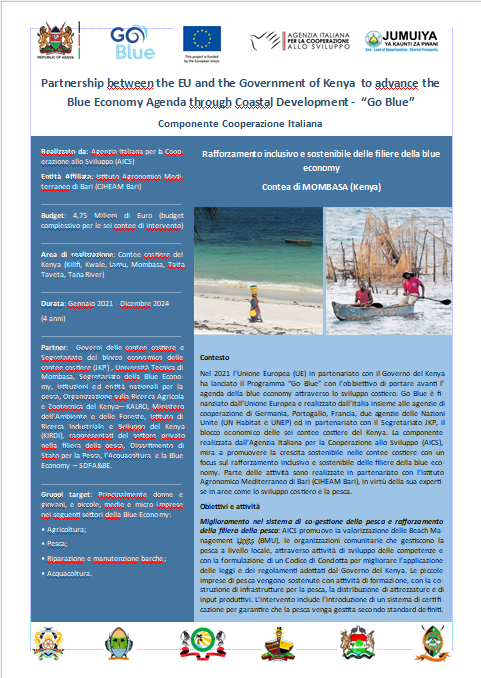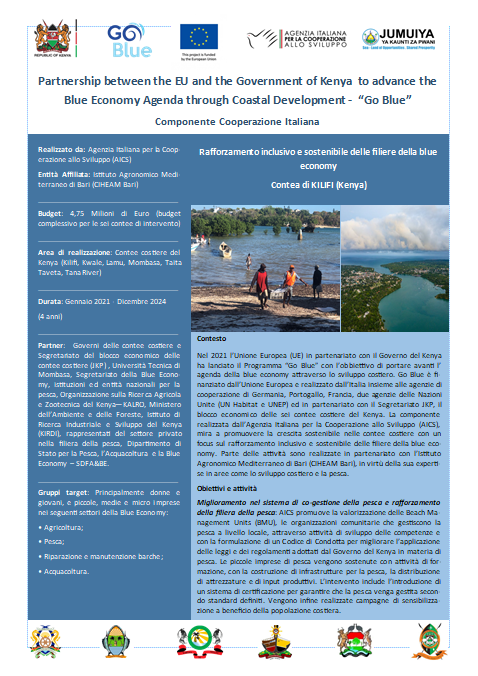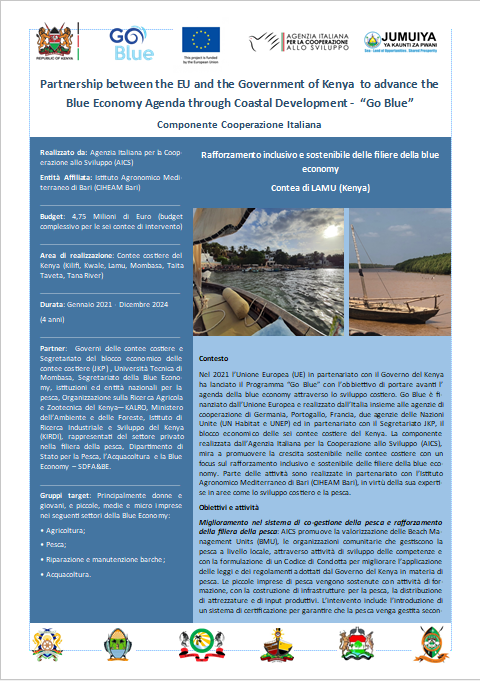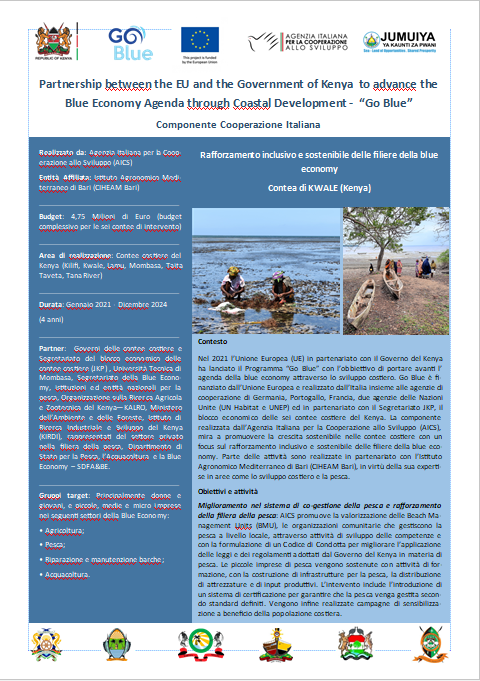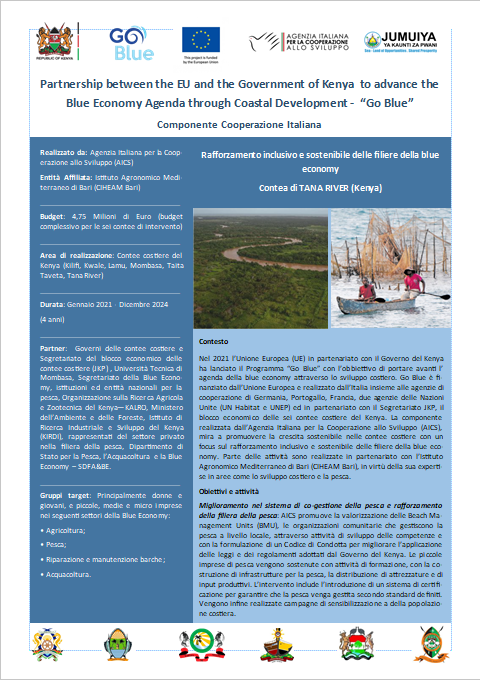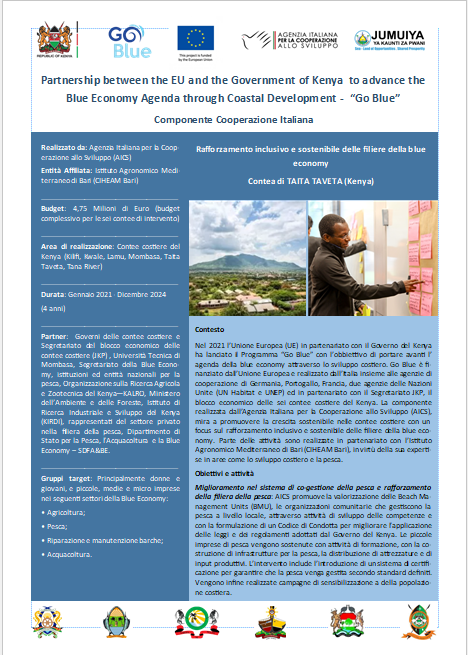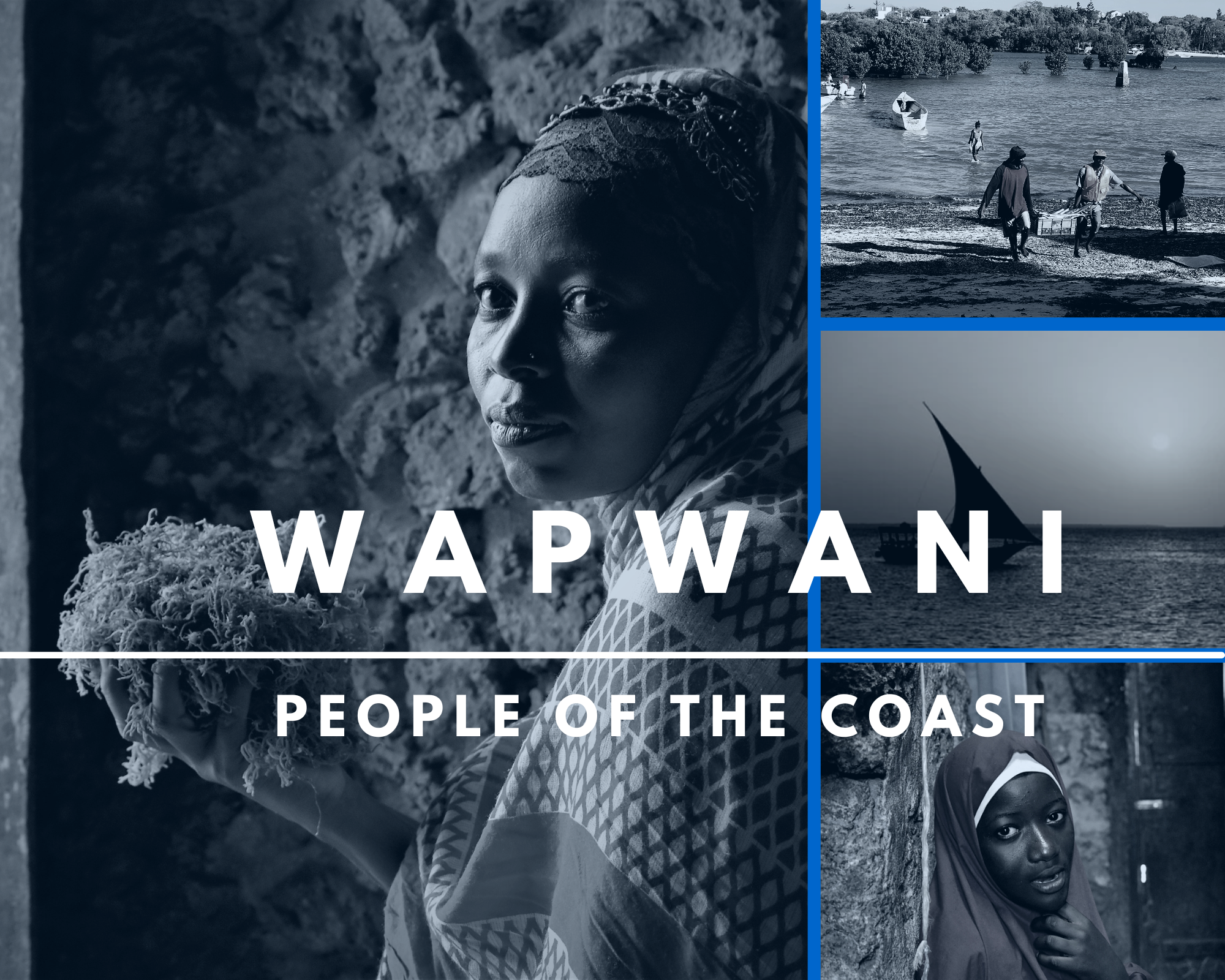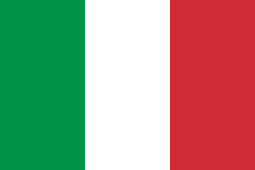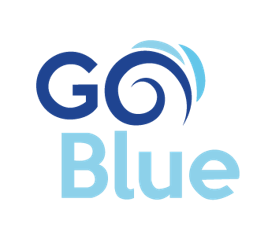Go Blue is the Programme for the development of Kenya coastal counties financed by the European Union and implemented in partnership with the Government of Kenya: the aim is to promote sustained, inclusive and sustainable economic growth, with attention to coastal and marine habitat conservation and effective and integrated maritime governance. Go Blue is implemented by the Italian Agency for Development Cooperation together with the cooperation agencies of Germany, Portugal, France, two United Nations agencies (UN Habitat and UNEP) and in collaboration with the Jumuiya Ya Kaunti Za Pwani - JKP Secretariat, the economic bloc of Kenya coastal counties. The Programme has a duration of four years (2021 - 2024) and corresponds to an investment of over 24 million euros.
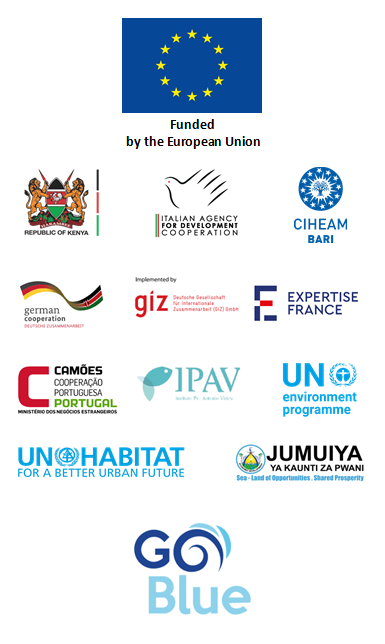
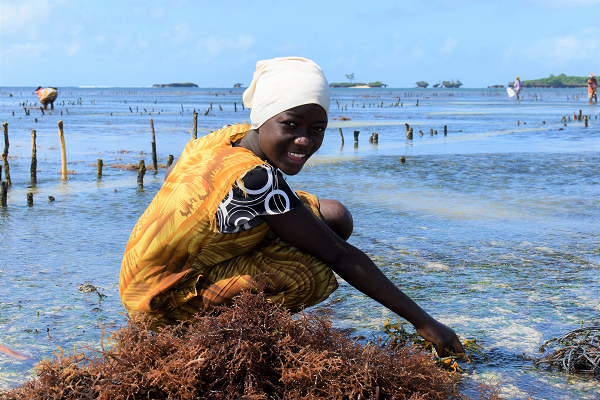


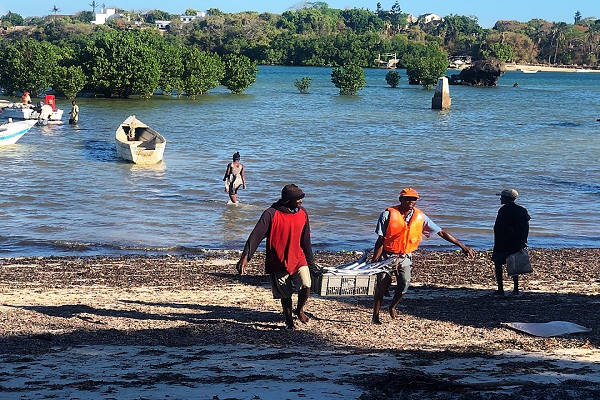
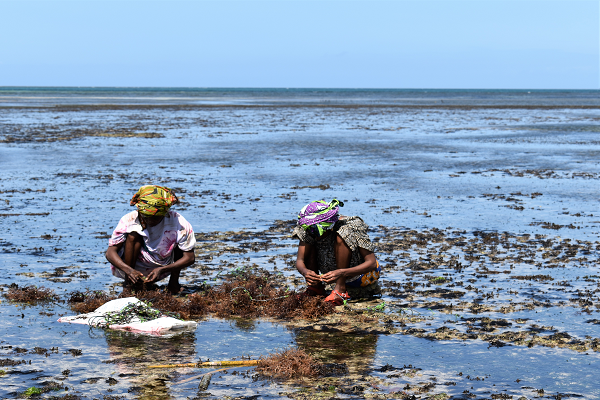
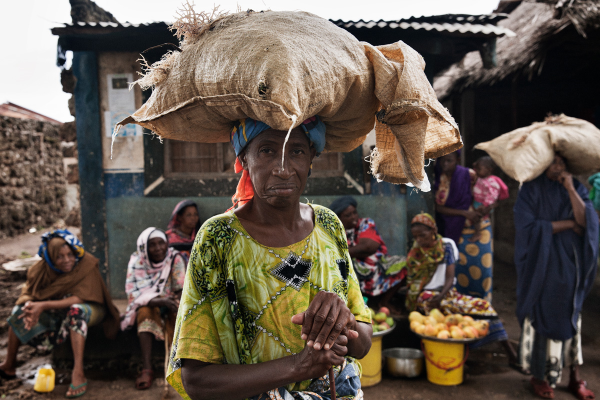
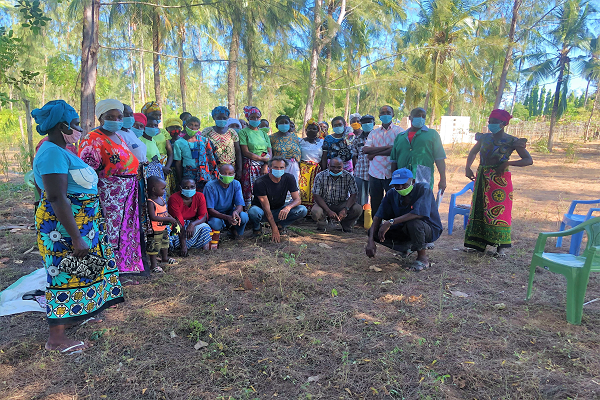
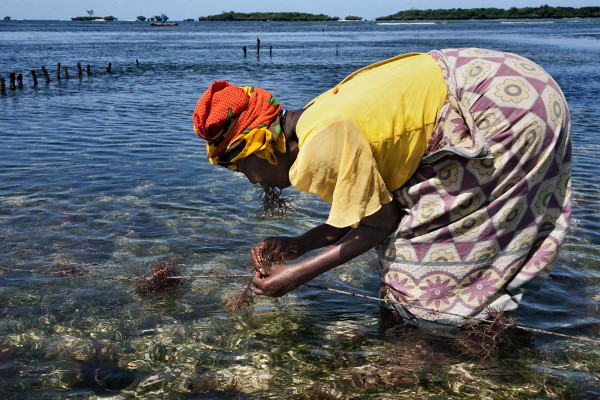
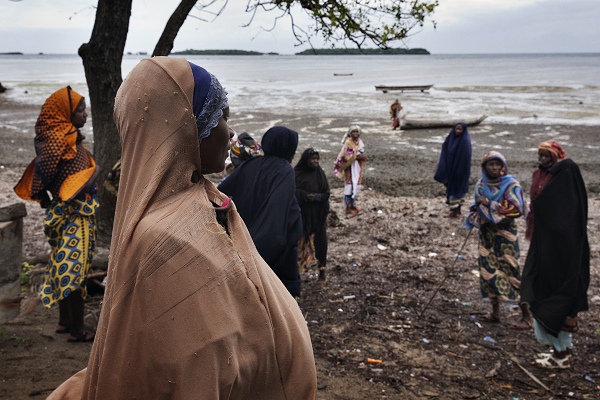
-
the Italian component of Go Blue
The Nairobi Office of the Italian Agency for Development Cooperation (Aics) is responsible for the realization of the Go Blue component targeting the acceleration of economic growth and the strengthening of the blue economy value chains. The Italian component of the Programme corresponds to a European investment of 4.75 MEUR for a duration of four years; it is the first programme of “delegated cooperation” implemented by the Italian Cooperation in the country. For its realization, Aics can count on a partner of excellence such as the Mediterranean Agronomic Institute of Bari (CIHEAM Bari), highly specialized in the fields of agriculture and coastal development.
Aics through Go Blue aims at enhancing the fishery and the cassava value chains, which represent two driving sectors for the local economy, and to support the strengthening the JKP Secretariat, the strategic local partner responsible for the overall coordination and monitoring of the Programme.
In the fishery value chain, Aics intervenes to support the Beach Management Units (BMU), the community-led organizations bringing together different fisheries stakeholders, as well as medium and small enterprises through capacity development activities, with the provision of specialized equipment and through the construction of improved fishing infrastructure. Specific actions will be taken to strengthen the seaweed value chain, representing a great source of income for women based on the coast, as well as to enhance sustainable sea cucumbers fishing. Through Go Blue, Aics also aims at introducing an innovative labelling scheme to certify products quality and to ensure that processes adhere to defined standards. The activities also include the participatory development of a Code of Conduct, a tool to be developed together with the local authorities and a great variety of stakeholders to improve the application of current legislation on fisheries. The Code of Conduct will include specific measures to promote gender equality, women empowerment, social and environmental sustainability.
For what concerns the cassava sector, Aics through Go Blue intends to support smallholder farmers, improving their capacity to operate along the cassava value chain and consequently enhancing their socio-economic conditions. Actions include the realization of capacity building activities for the local government technical staff, in order to allow them to provide assistance to farmers on issues such as disease control and products conservation. Additional actions will be taken to improve cassava productivity, production, value addition and marketing, also through the provision of innovative equipment and infrastructure for products processing.
Finally, Aics intervenes to strengthen the JKP Secretariat and ensure the institution is provided with tools and capacities to lead the development of the Kenyan coastal area. Strengthening will be ensured in terms of human resources, capacities and equipment, while specific training activities and workshops will be organized to promote knowledge exchange and best practices sharing among the coastal counties governments. Actions include the development of a Master Plan to guide sustainable growth and performance of the fishery sector in the future. The Plan will be developed by the JKP in collaboration with international fisheries experts, Kenyan and international institutions, researchers and academics from the Technical University of Mombasa and from abroad. The Plan will represent a key tool for driving the sustaible growth of the fishery sector with particular attention to improving sectoral scientific research and data collection activities, fishery management, value chain and access to the market, the promotion of decent work, the inclusion of young people.
This webpage was created and maintained with the financial support of the European Union.
Its contents are the sole responsibility of the Italian Agency for Development Cooperation in Nairobi and do not necessarily reflect
the views of the European Union.

